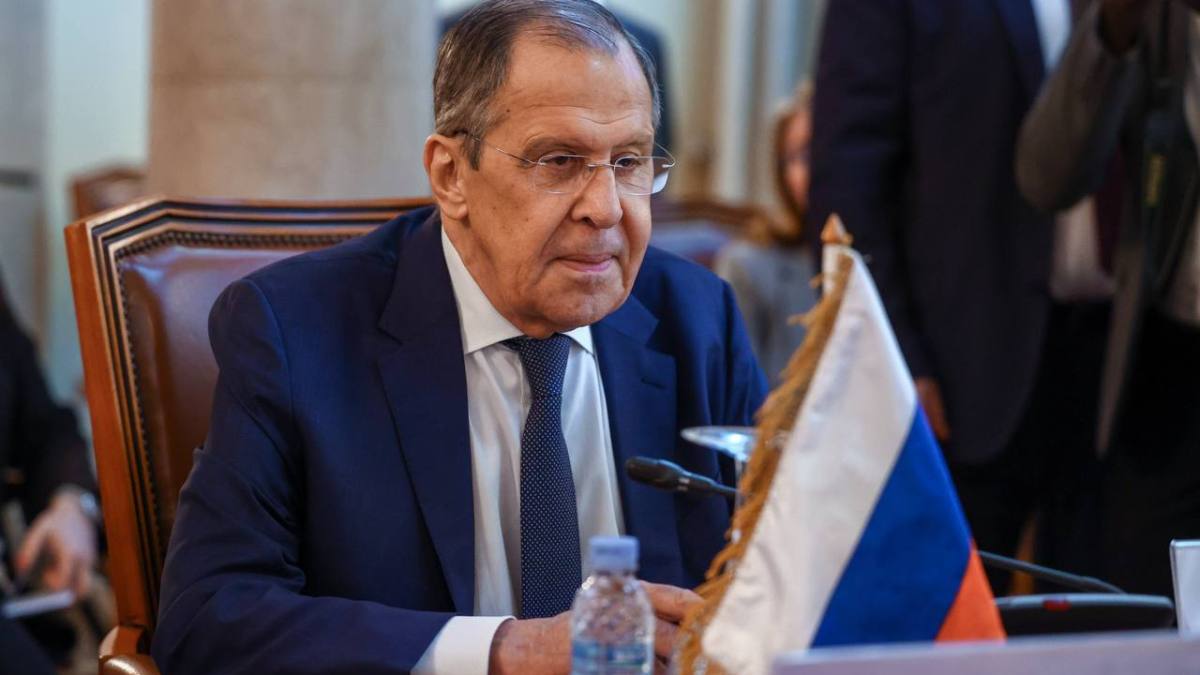France described, on Thursday, the accusations made by Russian Foreign Minister Sergey Lavrov regarding its interference in the internal affairs of African countries as "shameful lies".
In response to a question by Anadolu Agency - at a press conference in Paris - French Foreign Ministry spokeswoman Anne-Claire Legendre said that Lavrov's statements during his African tour are "shameful lies."
These French statements come in response to Lavrov's accusations against Paris of supporting terrorists and interfering in the internal affairs of African countries, and he said while he was in (Swaziland), Eswatini, South Africa, "Paris is guilty of supporting terrorists in Libya."
The exchange of statements reflects a state of competition and struggle over presence in Africa, as the decline of French influence and its exit from a number of countries coincides with a clear growth of the Russian presence in this continent, especially in the Sahel and Sahara region.
Lavrov's statements came in response to a comment by French President Emmanuel Macron on January 23, in which he answered his opinion of Burkina Faso's request for his country's forces to leave its territory, as Macron was quick to point the finger - indirectly - at Moscow of being behind that request.
Macron believes that the Russians specialize in manipulating that region, especially since the request of the rulers of the former French colony came a few days after popular protests called for the departure of French soldiers, accusing them of failing to protect civilians from armed groups, while they were raising Russian flags.
And in contrast to what can be described as the French fading in Africa, a Russian expansion appears. As happened in Mali months ago, it is not unlikely that the matter will be repeated in Burkina Faso and the fighters of the Wagner Group for Russian security services replace the French soldiers who are expected to leave within one month.
Mali is the last West African country that attracted the Russian "Wagner" forces to work on its territory as part of the mission of training the army and fighting armed organizations. At the end of 2022, Bamako and Wagner signed an agreement to send about 1,200 soldiers to train the Malian army in return for the group led by the Russian businessman Yevgeny Prigozhin receiving sums of money. Up to $10 million per month.
And last August, Paris withdrew its last soldiers from Mali, thus ending its army’s mission in this African country after a 9-year presence in the framework of the Barkhane military force, and France’s decision came against the backdrop of strained relations with the country’s ruling military council after its failure to limit the spread of armed groups. .
The spread of Wagner in some West African countries raises widespread controversy and many questions about the feasibility of its presence in remote areas of Russian influence and the extent to which African countries benefit from it after the French forces and US military units failed to eliminate the armed groups deployed in the Sahel region.

